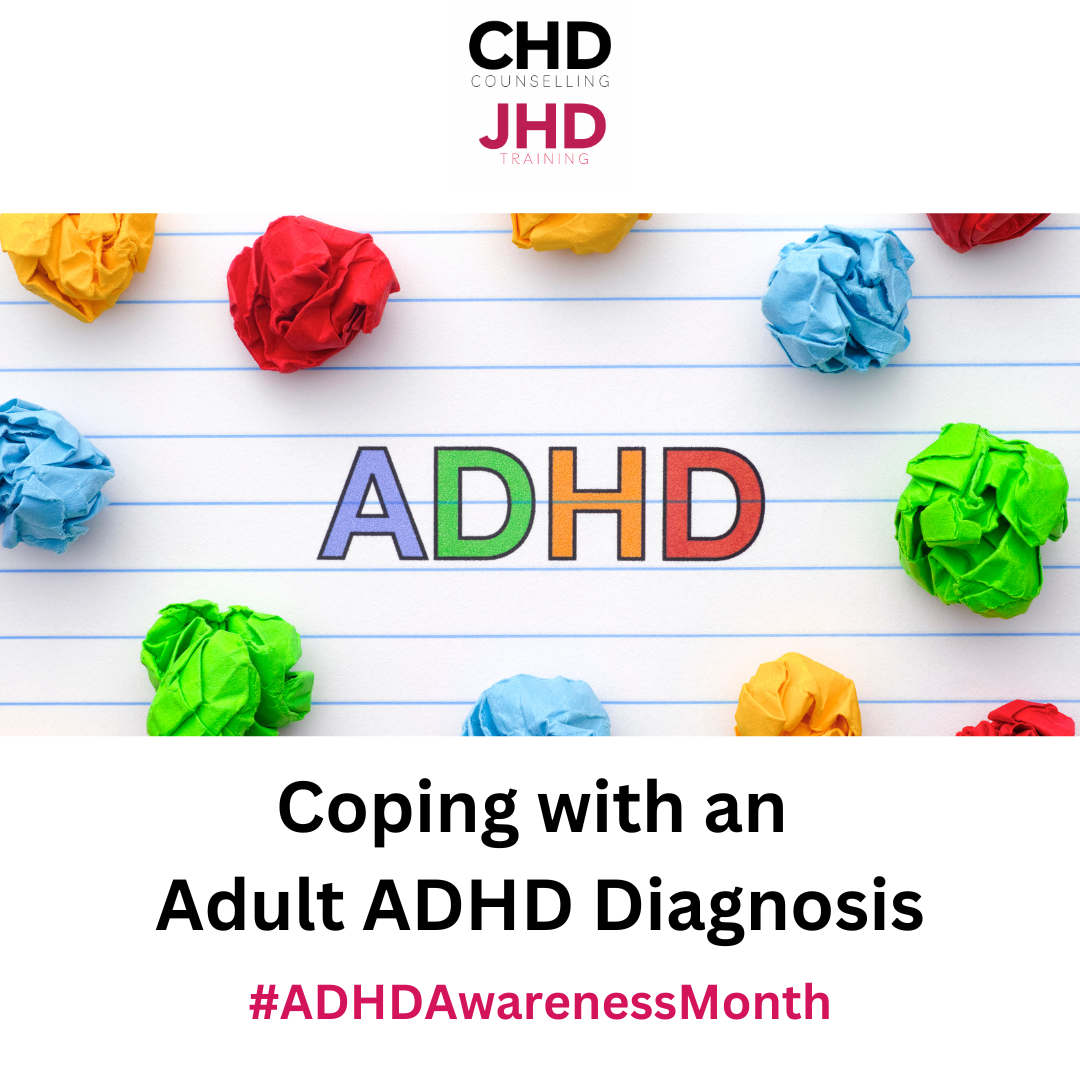12 October 2025
Obsessive-Compulsive Disorder, or OCD , is a mental health condition that is often misunderstood. It's more than just being "a little neat" or "a bit of a clean freak." For those who live with it, OCD is a debilitating cycle of unwanted thoughts and repetitive behaviours that can seriously disrupt daily life. Understanding this cycle is the first step toward reclaiming control. What Exactly is OCD? OCD is defined by a pattern that has two main parts: obsessions and compulsions . 1. Obsessions These are unwanted, intrusive, and distressing thoughts, images, or urges that repeatedly enter your mind. They cause intense anxiety, fear, or disgust. Common obsessions include: Contamination fears (e.g., fear of germs, dirt, or illness). Harm obsessions (e.g., fear of accidentally or deliberately hurting yourself or others). A need for symmetry, order, or "just-right" feelings. Unwanted aggressive, sexual, or religious thoughts (sometimes called scrupulosity). It is crucial to remember that these thoughts are ego-dystonic —they go against the person's true values, character, and intentions. They are thoughts, not facts. 2. Compulsions These are repetitive behaviours or mental acts that a person feels driven to perform in response to the obsession. The goal of a compulsion is to temporarily reduce the anxiety caused by the obsession or to prevent a feared event from happening. Common compulsions include: Excessive cleaning and hand-washing. Repeatedly checking locks, appliances, or safety measures. Ordering and arranging objects in a precise way. Mental rituals like counting, repeating phrases, or 'neutralizing' a bad thought. Excessively seeking reassurance from others. The cycle looks like this: Obsession → Anxiety → Compulsion → Temporary Relief → Obsession Returns. The compulsion only reinforces the idea that the obsession was a real threat that needed to be addressed. What Helps with OCD Management? If you are struggling with OCD, help is available. While it can feel overwhelming, evidence-based treatments and self-help strategies can significantly improve your quality of life. The Gold Standard Treatment The most effective, evidence-based treatment for OCD is a form of Cognitive Behavioural Therapy (CBT) called Exposure and Response Prevention (ERP) . Exposure (E): This involves gradually and repeatedly confronting the thoughts, images, objects, or situations that cause your obsessions and anxiety. Response Prevention (RP): This means choosing to resist the urge to perform the compulsion or ritual that usually follows the exposure. For example, a person with contamination fears might be asked to lightly touch a doorknob (exposure) and then be guided by the therapist to not wash their hands for a set amount of time (response prevention). Over time and with practice, the anxiety naturally decreases, and the brain learns that the feared consequence does not occur, thus breaking the cycle. This should always be done with a therapist trained in ERP. In some cases, Selective Serotonin Reuptake Inhibitors (SSRIs) , a type of antidepressant medication, may be prescribed by a doctor to help reduce anxiety and allow the person to engage more effectively in therapy. Often, a combination of ERP and medication is the most effective approach. Practical Self-Help Strategies While professional treatment is essential, there are daily self-help strategies that can support your recovery: 1. Accept the Thoughts, Resist the Response Practice 'Un-Fusing' from Thoughts: Recognise an obsessive thought as simply a thought, not a command or a reflection of reality. You can say to yourself, "That's just my OCD thought about germs," instead of engaging with the thought's content. Embrace Uncertainty: OCD thrives on the need for 100% certainty. You can counter this by intentionally introducing and accepting small amounts of doubt. Use phrases like, "Maybe that's true, maybe it isn't. I'm going to choose to move on anyway." Delay the Compulsion: If resisting a compulsion entirely feels impossible, try delaying it. Say, "I will do this in 5 minutes," and gradually increase the delay time. 2. Build Healthy Habits Mindfulness: Practising mindfulness helps you focus on the present moment without judgement. This can reduce the tendency to get carried away by anxious thoughts about the past or future. Sleep and Nutrition: Ensure you are getting adequate sleep and a balanced diet. Fatigue and low blood sugar can exacerbate stress and anxiety, making OCD symptoms feel worse. Movement: Regular physical activity is a powerful stress reducer and can help regulate mood and anxiety levels. 3. Cultivate Support Connect with Trusted People: OCD is isolating. Talk about your struggles with a trusted friend, family member, or join an OCD support group . Sharing your experience can reduce feelings of shame and isolation. Avoid Excessive Reassurance Seeking: While reassurance provides temporary relief, it is a form of compulsion and strengthens the OCD cycle. Gently ask loved ones to stop giving reassurance and instead offer distraction or emotional support. If you believe you or a loved one may be affected by OCD, the most important step is to speak with a healthcare professional or a specialist who can provide a diagnosis and guide you to a qualified ERP therapist. You don't have to face this alone.



